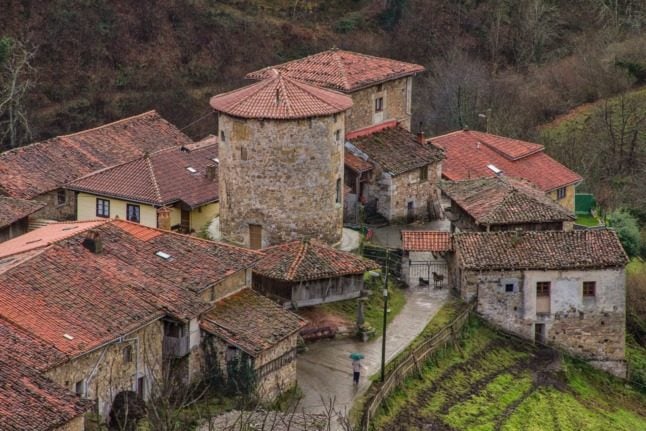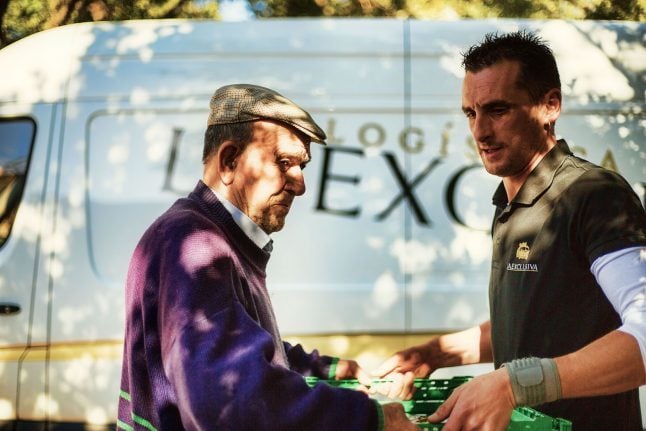Among the latest feline stars is heavily-wrinkled Xherdan from Rüti in the canton of Zurich.
The five-year-old Sphynx cat is named after Swiss footballer Shaqiri who plays for UK premiere league club Stoke City. But it is his looks – reminiscent of US star cat Tardar Sauce, better known as Grumpy Cat – that have won him online attention.
“When people see pictures of him online, they usually find him ugly. But when they meet him and find out how sweet he is, they usually change their mind,” Xherdan’s owner Sandra Filippi told Swiss tabloid Blick.
Filippi also explained that Xherdan, who is a big fan of avocadoes, is not actually naked but has very fine hair.
“His hair feels like a peach: warm and soft,” she said.
Read also: Switzerland has too many fat cats – literally
“I love my other cats as well, but Xherdan was special from the start,” said the owner of three cats.
Sphynx cats are the products of selective breeding and have distinctive features including large ears and a muscular body. They have no coats but their skin is the colour of the hair they would usually have.




 Please whitelist us to continue reading.
Please whitelist us to continue reading.